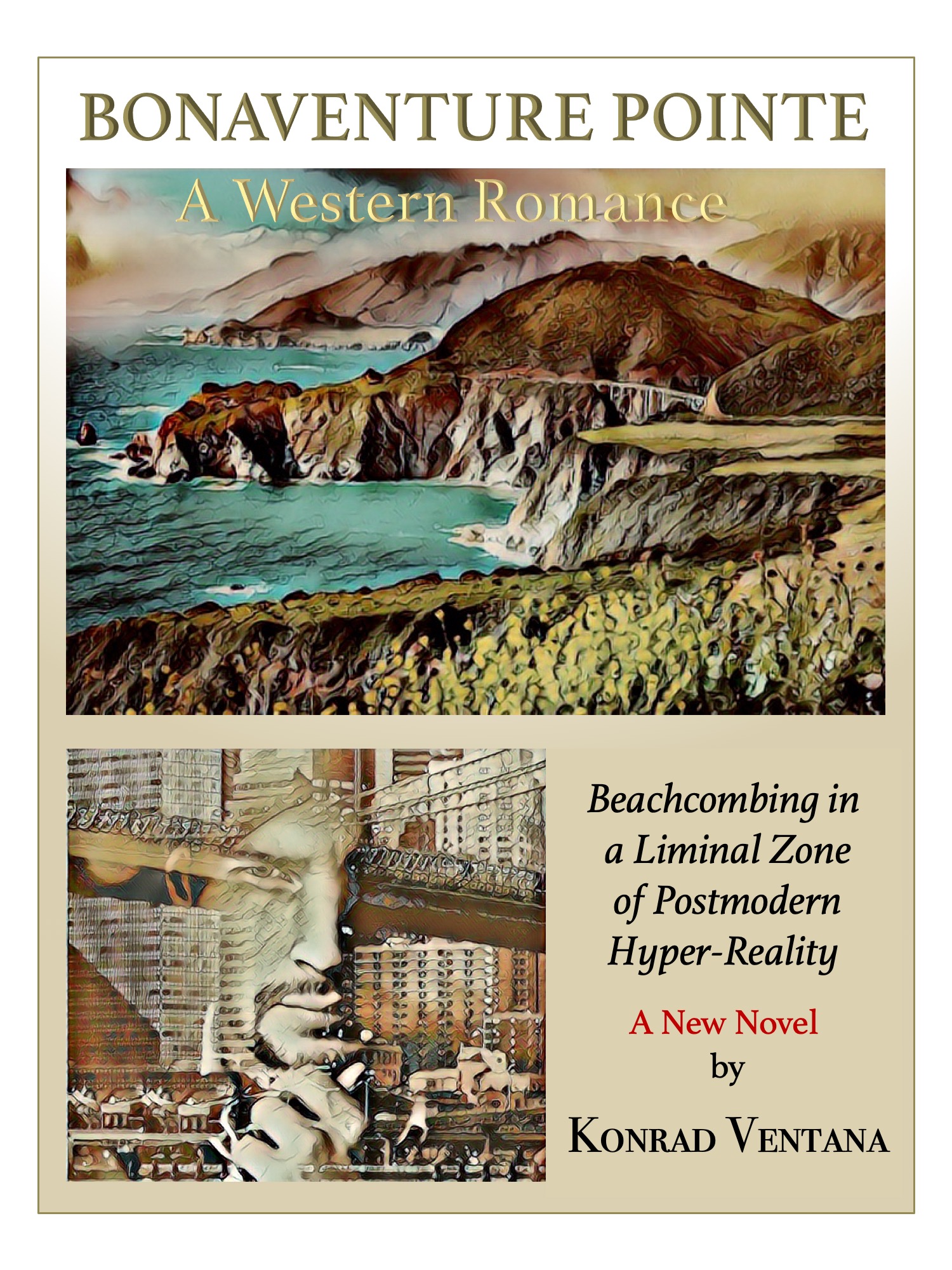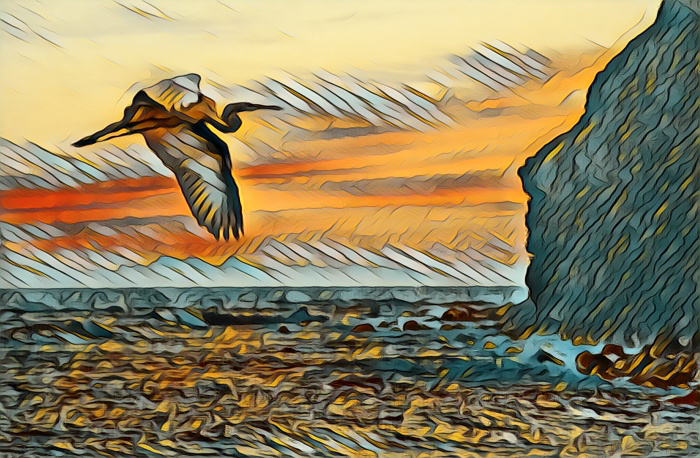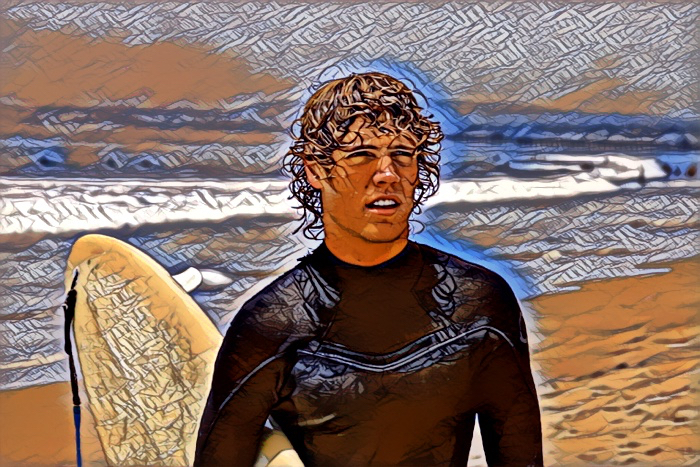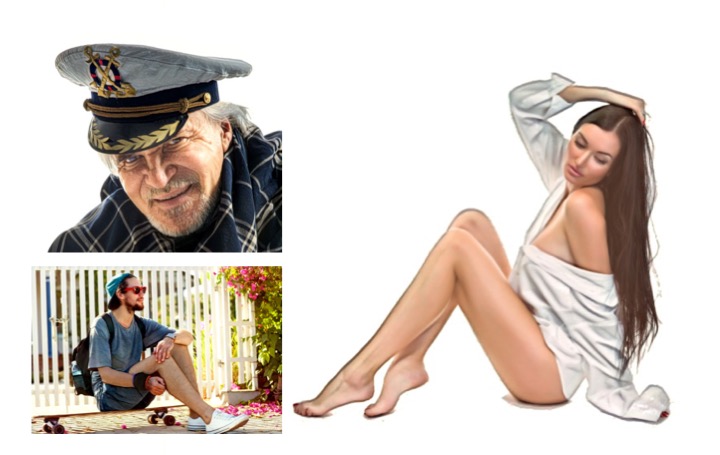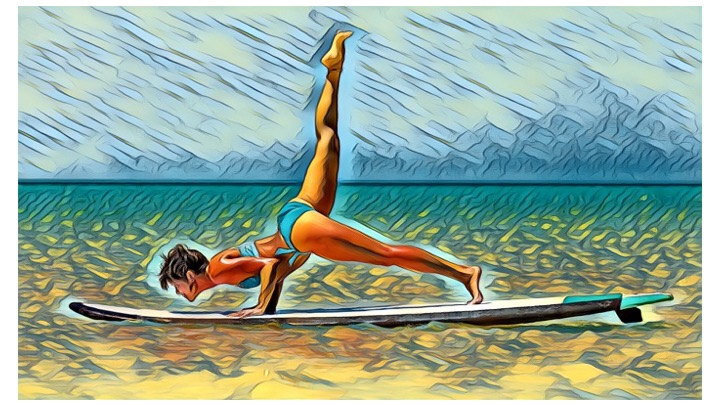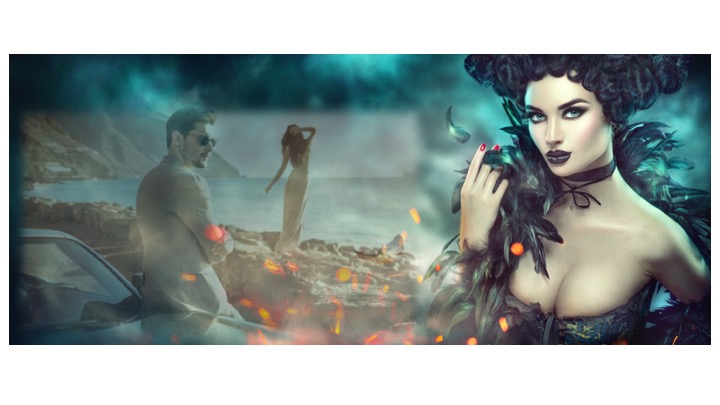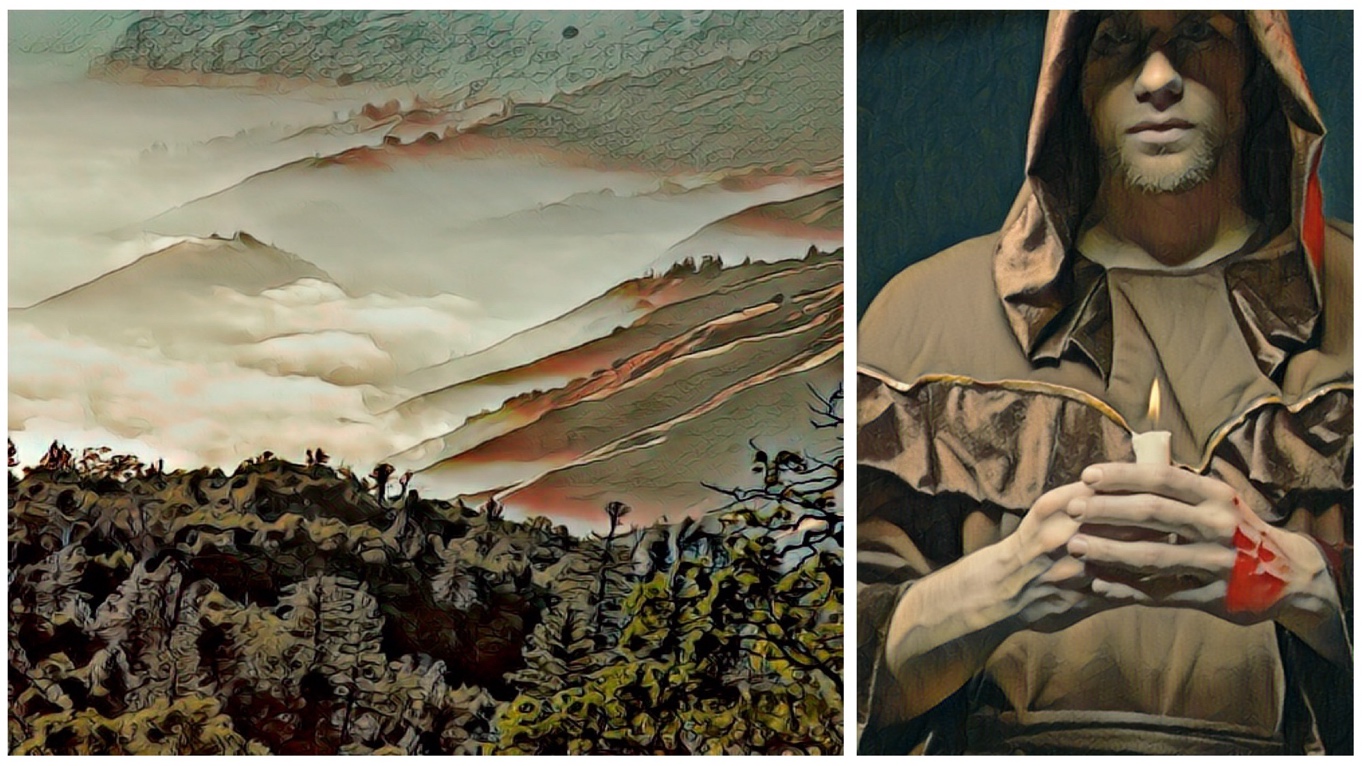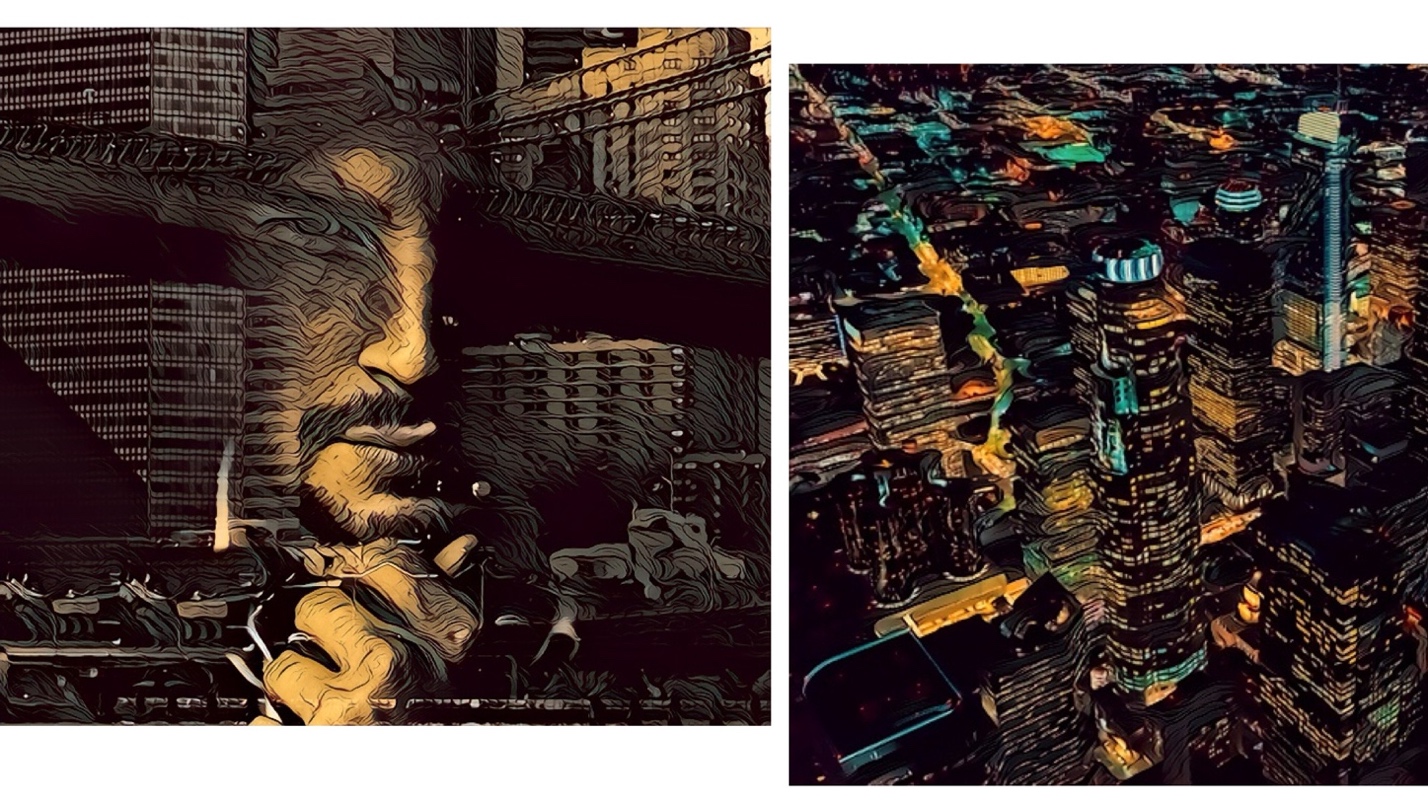The roiling waters of the Pacific Ocean—once warm from the radiant heat of the summer
sun—are noticeably colder this midnight hour due to the violent upwellings of wind-driven seas:
an oceanic heaviness born in some far away tempest that sent these great waves rushing forth,
burgeoning, cresting, breaking, churning towards the overcast reaches of the So Cal surf zone.
The penetrating chill prompts Everett Durant to swim even harder, arm over arm, against the
gnarly shore-break, outwards through the foaming saltwater remnants of those unseen giants
arising now in succession in a mounting fury of raw kinetic energies… each watery leviathan
advancing, announcing its threatening presence with an audible cresting
hiss, before cascading
down and exploding in a deafening and disorienting convulsion of unbridled turbulence.
Diving headlong into the rising face of an ominous apparition looming large, Everett
plunges forth—the cresting wave rushes hurriedly past—he experiences a profound quiescence
within the silence of a watery tomb. Moving deeper still, the sound and the fury of all prior
commotion ceases; it feels constrained, as though space and time and sensory phenomena are all
compressing upon him, enabling him to recall his singular purpose in the midst of the chaos and
the disillusionment that has brought him to this tragic brink: the brink of his own annihilation.
Suspended now in this watery womb beneath the breaking waves—
a lone figure in a
thoughtless, tossing sea—this unfortunate swimmer is fully intending to fill his lungs with
seawater, relinquishing all obligation and responsibility for breathing on one’s own, returning
back to the thoughtless umbilicus of nature and fate.
Everett opens his mouth wide with a brazen effort to inhale, but his breath is clenched in his
throat—it moves neither in nor out! A wordless scream is held in check!!! The pungent seawater
floods his mouth; it astonishes him—evoking a sudden memory of Alderwood smoked sea salt
crystals, crusted ever so lavishly upon the rims of two long-stemmed margarita glasses…. His
mind follows the reminiscence: the chunky crystals dissolve in his mouth, tasting like the salty
kisses he would eagerly, breathlessly, share
en masse with Stella when they were still touring
together… back then, when she was still alive… it was her favorite party drink, after all….
In the gathering darkness of a deepening sea, Everett can see her clearly again, as clearly
now as then. To her many fans, she was known as
Celeste Emo, a dazzling up-and-coming diva
of the Los Angeles indie music scene emanating, at the time, from the local neighborhoods of
Hollywood, Koreatown, Echo Park, Los Feliz, and Silver Lake. But to Everett, the “emotional
hardcore” persona of her ascendant celebrity was more than an angst-ridden
stage persona that
signifies a collective subculture and, by so doing, intensifies the relationship between an artist
and her fans. To Everett, it was always much more personal. To Everett—who actually is,
in
essence, the emotional, sensitive, shy and somewhat introverted person with intense feelings of
apprehension and vulnerability, characteristically arising with acute articulations of melancholia,
philosophical nihilism and/or existential despair—to which the
Emo of this particular genre of
alternative music refers—she was simply and emphatically
Stella, his one and only shining star.
